Internal Meeting about Module Development and Upcoming Training Activities
On July 17-18 and July 24, 2023, the teams from the leading institutions of Work Packages 2 and 3 (Linnaeus University, Maynooth University, and RIT Kosovo) held internal meetings to discuss the development of the Education Modules and preparations for the Advanced Trainings and Expert Webinar events.
Discussions were focused on the Outline of the Modules, the Pedagogical Tools, and the Materials to be used to deploy the Advanced Training of the Trainers on three Modules: Digital Citizenship; Universal Design, and Norm Critical Approaches. The Advanced Training will take place during September 2023-February 2024.
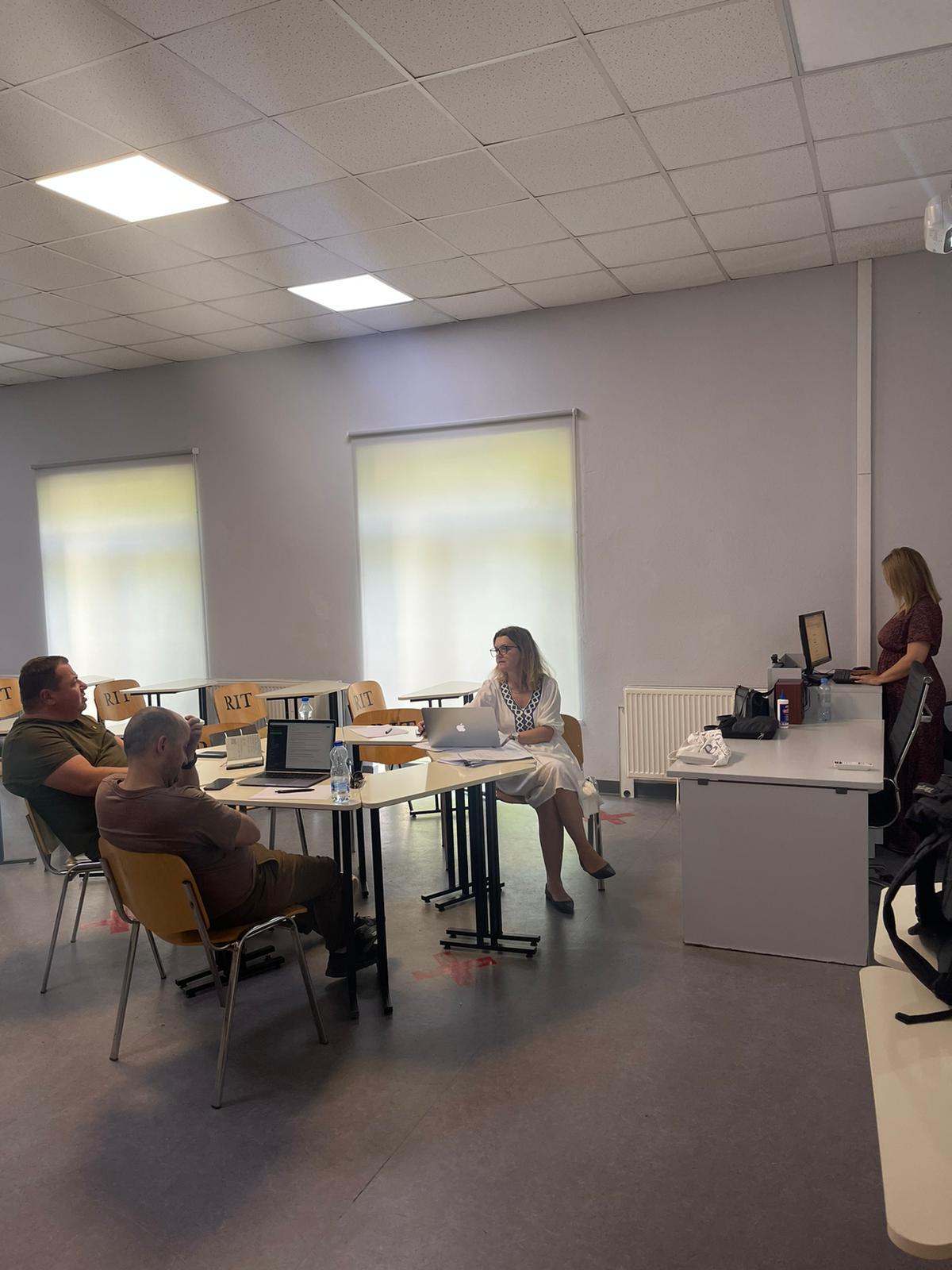
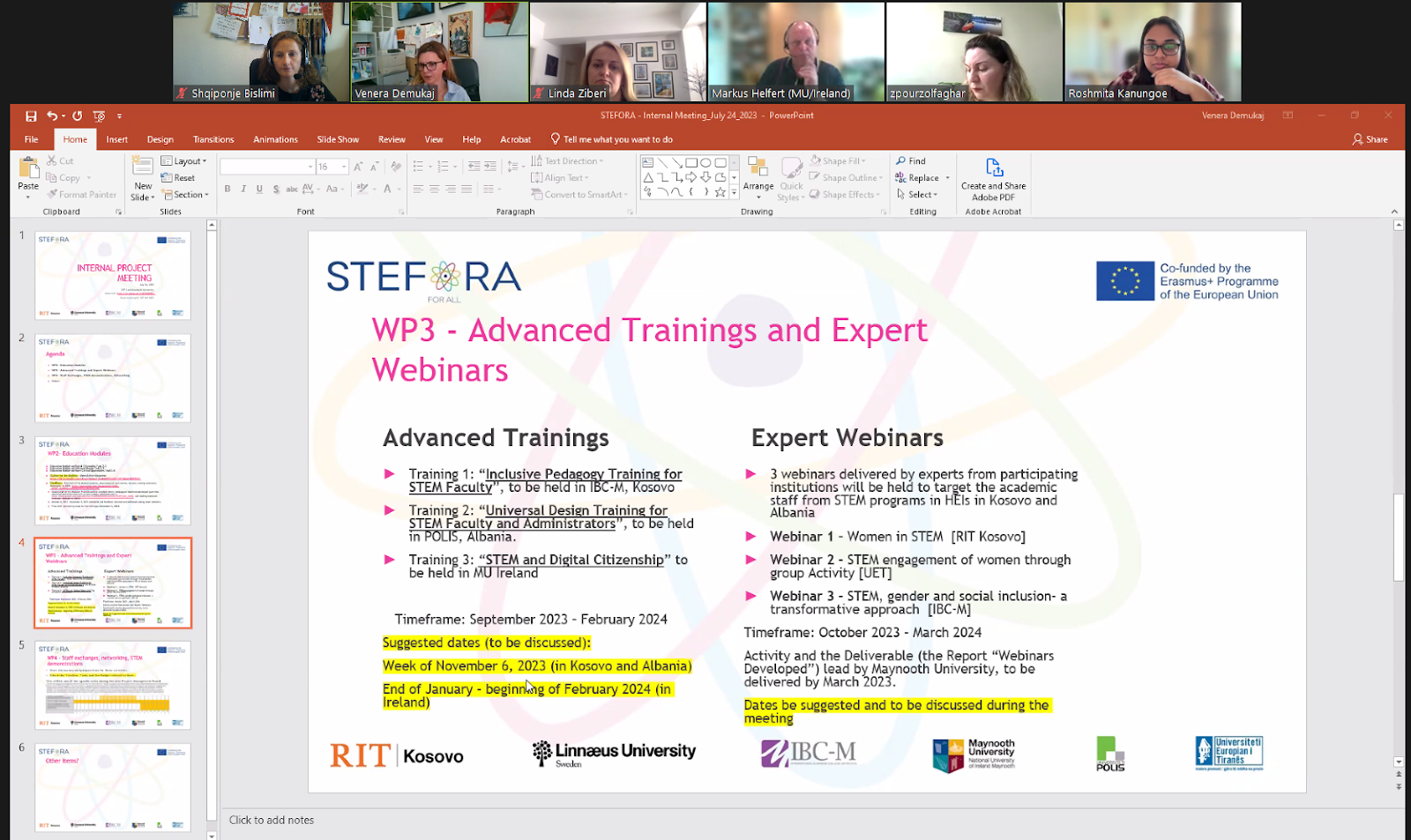
Through its Activities, the STEFORA Project Continues its Mission of Creating a Supportive and Inclusive Environment for STEM Education among Higher Education Institutions in Kosovo and Albania
During May 23-26, 2023, (5) workshops with various stakeholders from companies and university teachers, and one (1) workshop with university students enrolled in STEM fields were held in Kosovo and Albania. These workshops provided a venue for collection of qualitative data on STEM education experiences as well as different perspectives on the topics of Social Norms, Universal Design, and Digital Citizenship.
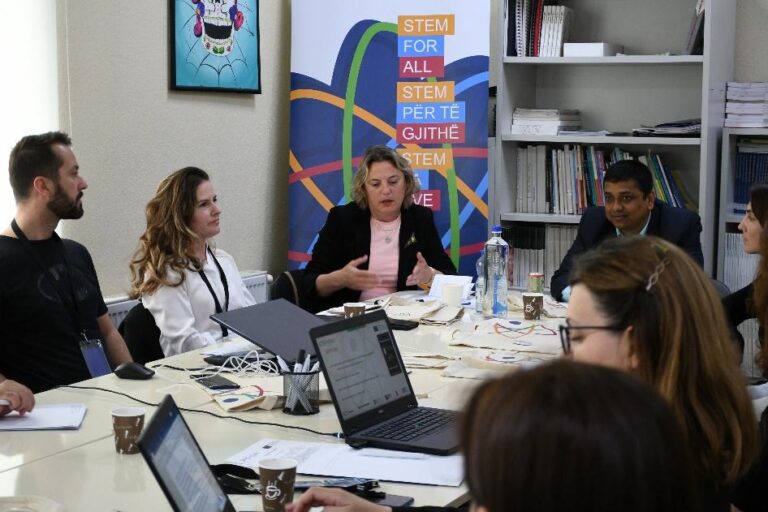

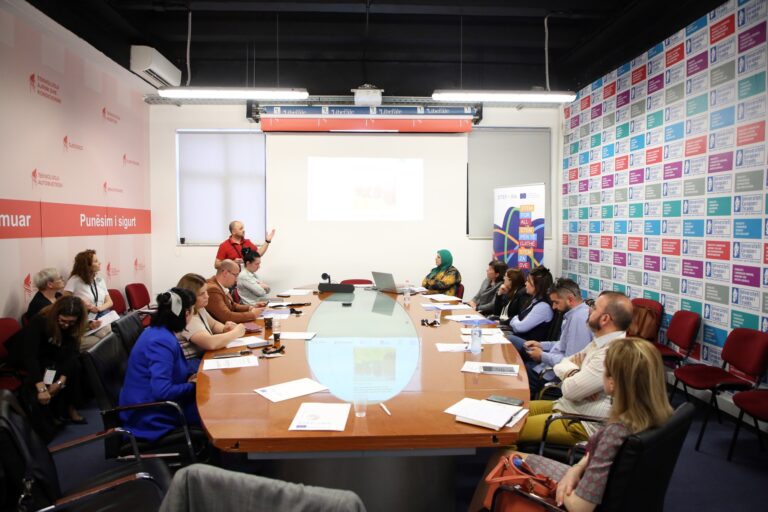
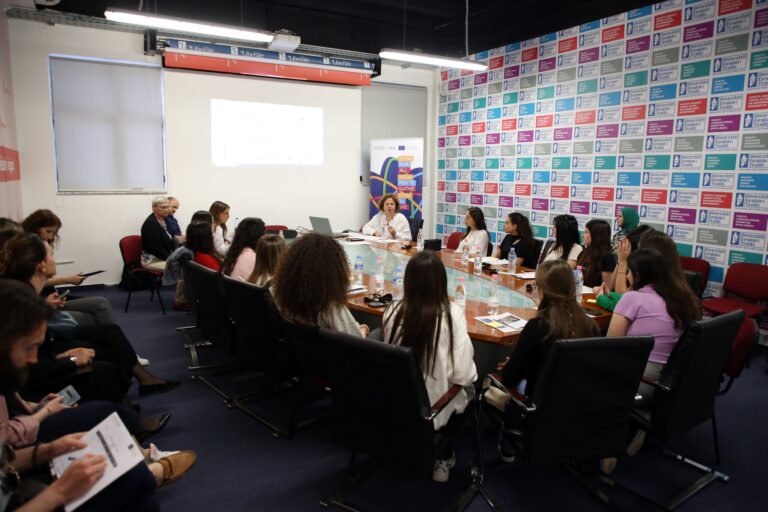
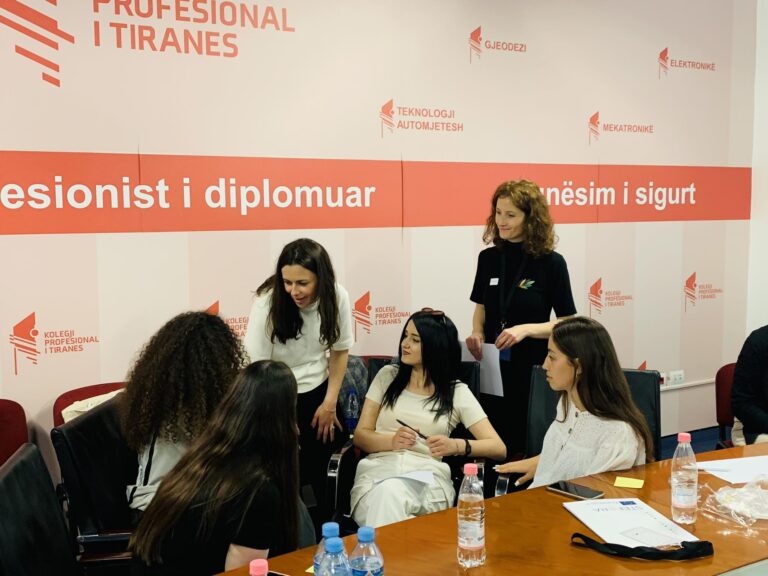
During June 5-9, 2023 Linnaeus University hosted partner institutions of STEFORA’s Project, through workshop discussion and interactive presentation on Social Norms, Digital Citizenship, and Universal Design. The presentations were delivered by the experts in the field to discuss and to identify the best practices from EU countries on those three themes. Since one of the major focuses of the project is on Universal Design, the project participants had the opportunity to visit the Design Department Labs at the Linnaeus University.

The working groups consisting of representatives from all partner countries were set up to
consolidate the data collected in Kosovo and Albania and then worked on each of the three
themes.
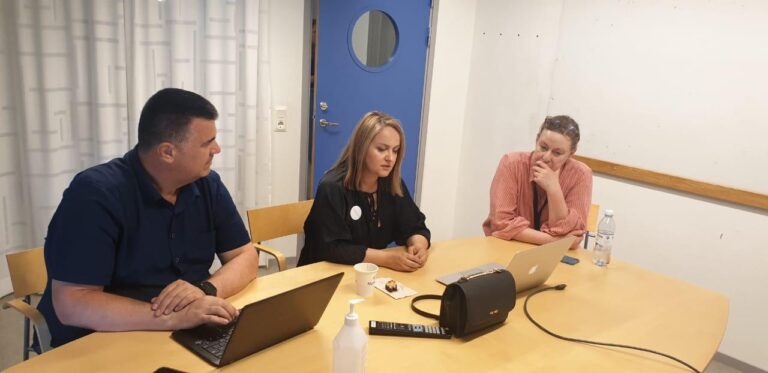
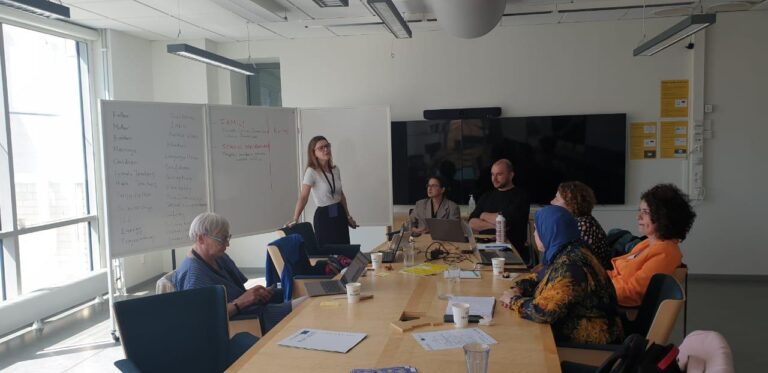

The working groups used a holistic approach to prepare the ‘’Good Practices Report’’. The data collected during the six workshops was consolidated, discussed, and the best practices from EU countries which work best in the local context were identified.
The Good Practices Report represents the stepping stone for the development of the teaching Modules focusing on 1) digital citizenship, 2) universal design, and 3) norm critical approaches.


